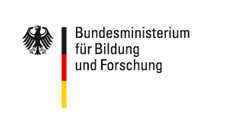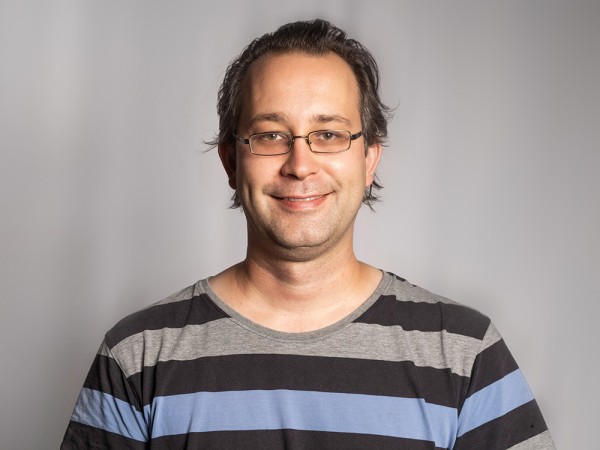Nutrients in conventional fertilisers are present in a highly water-soluble form. This ensures that the nutrients are available to the plants guaranteeing high agricultural yields. However, the use efficiency – the quantity of nutrients in fertiliser that plants actually absorb – for conventional phosphate fertilisers is only about 15-40 %.
The international joint project CLOOP was designed to demonstrate that in practice, mineral nutrient recyclates have higher use efficiencies than conventional fertilisers. This is crucial to ensure the protection of surface waters and an efficient use of resources. The project focuses on testing a new generation of secondary fertilisers (NextGen fertilisers) that feature high plant availability and low water solubility at the same time.
The nutrient recyclates include struvite and other salts that can be extracted from municipal sewage treatment plants and two variations of the AshDec product that are produced from sewage sludge ash. These products will be tested under a variety of climatic conditions on agricultural land in Germany, Australia and Brazil.
Within the joint project CLOOP, KWB is responsible for the selection and procurement of secondary fertiliser from sewage treatment plants. KWB also leads the work package “Evaluation and Life Cycle Assessment”, which means KWB is responsible for evaluating the entire process chain from recovery to fertiliser use. As a partner with extensive network activities, KWB will also be directly involved in the exploitation and dissemination of the project results.
© header-photo: aquaminerals, ARREAU, watershare


- Phosphorrückgewinnung – wo geht’s lang?
- Vergleichende Laborexperimente zur Löslichkeit und Fixierung von Phosphat aus konventionellen und neuartigen Phosphatdüngern in Böden
- Schließen globaler Nährstoffkreisläufe durch Weiterentwicklung der Recyclingdünger AshDec und Struvit zu Düngern der nächsten Generation (CLOOP) - Schlussbericht


